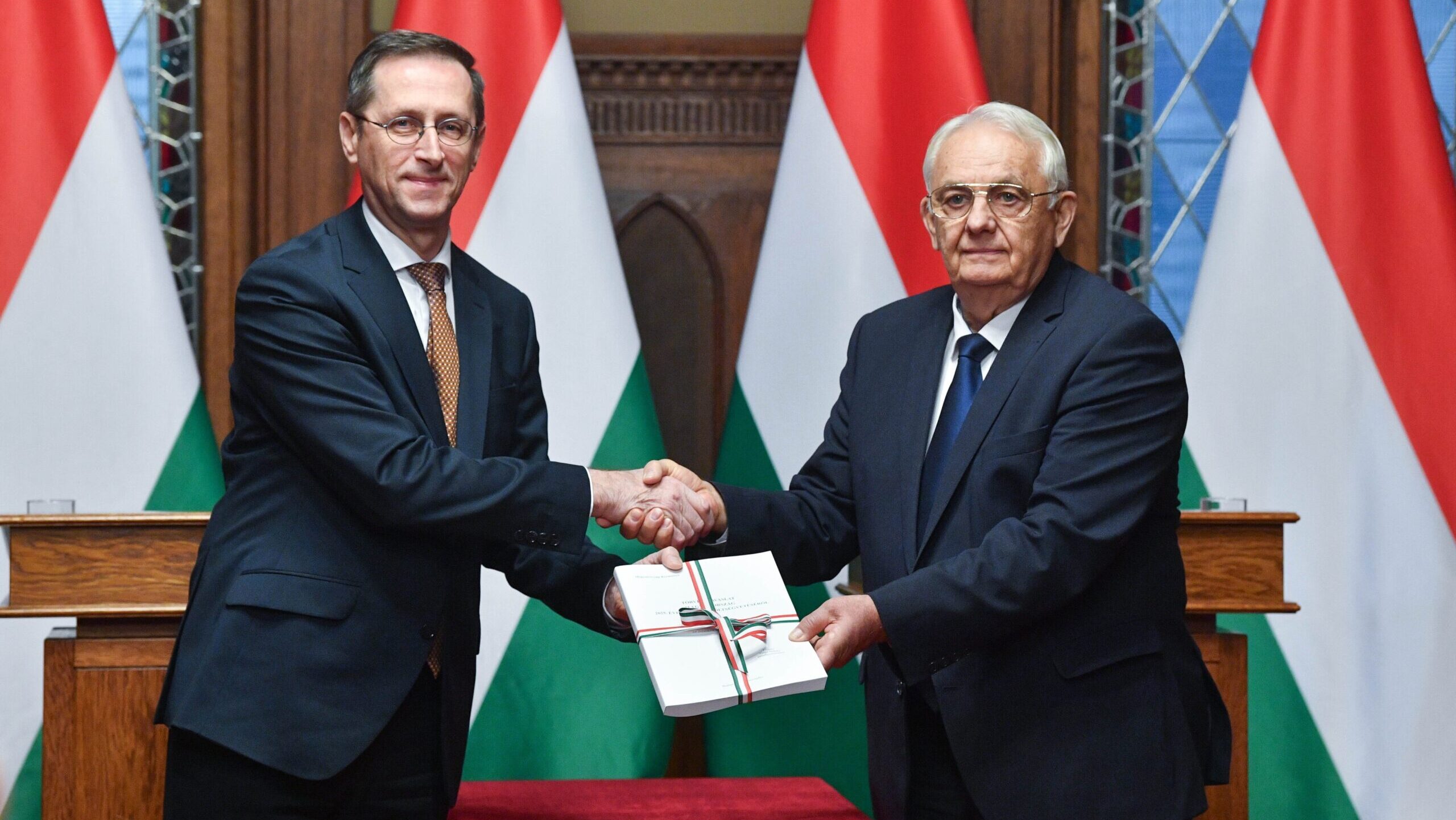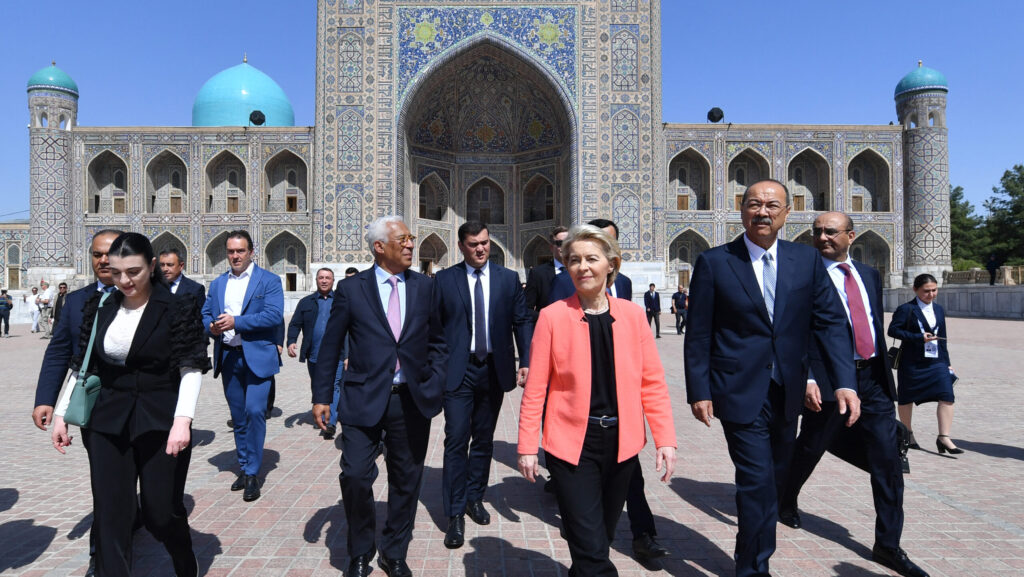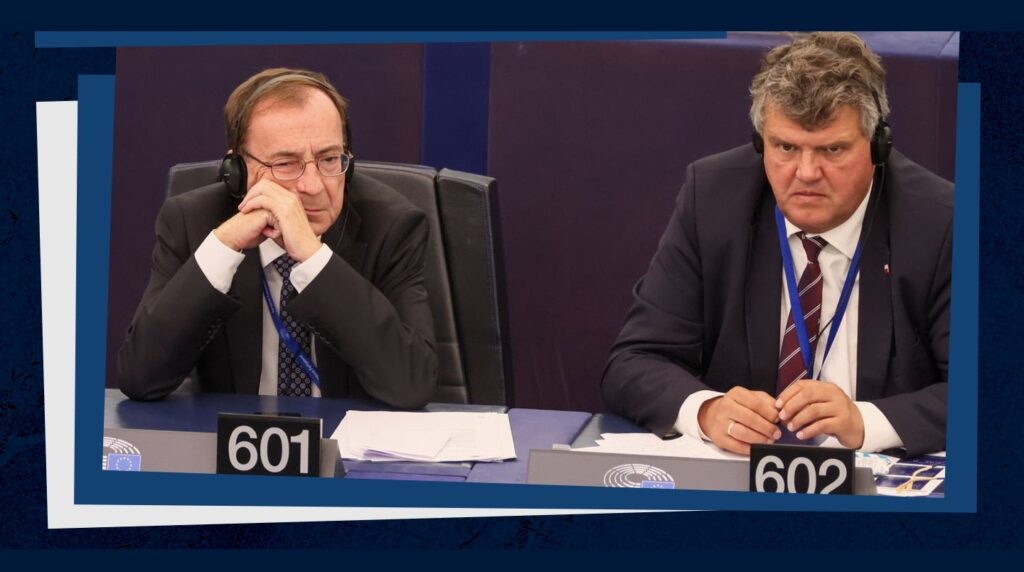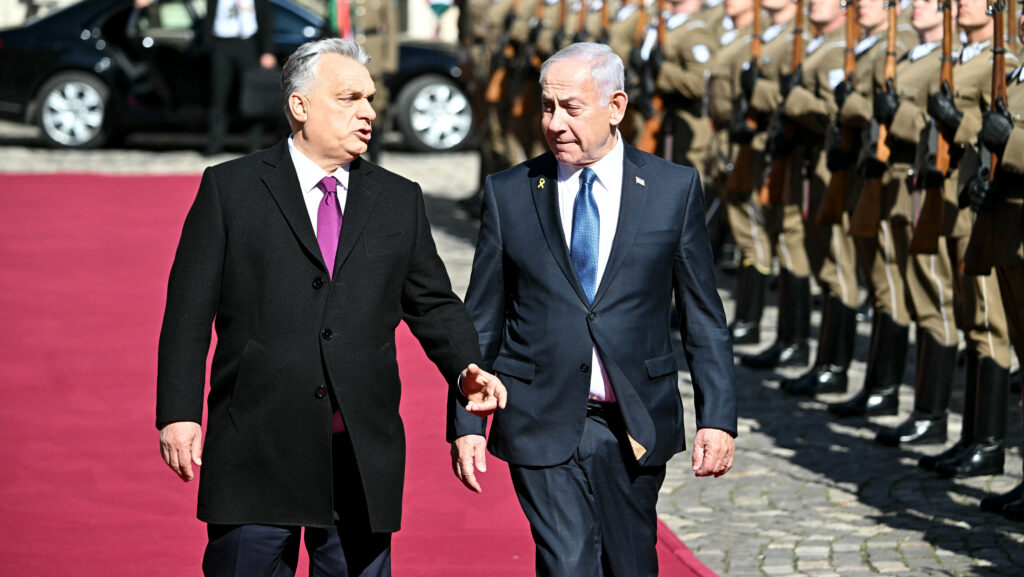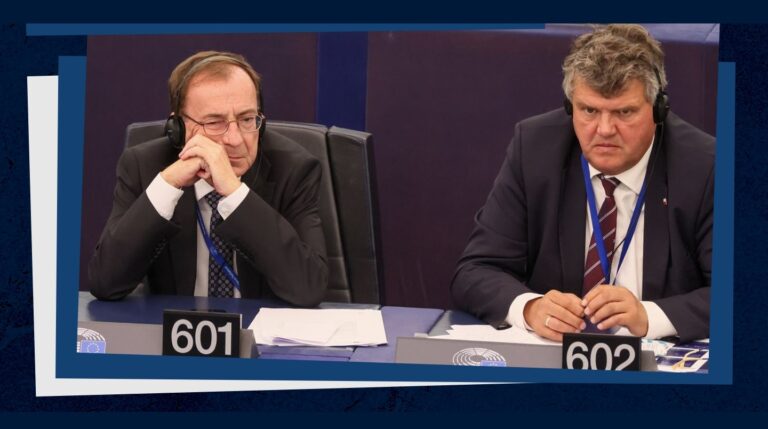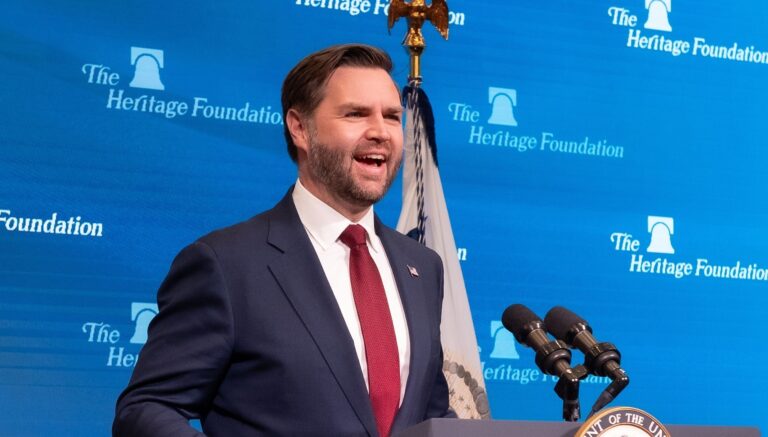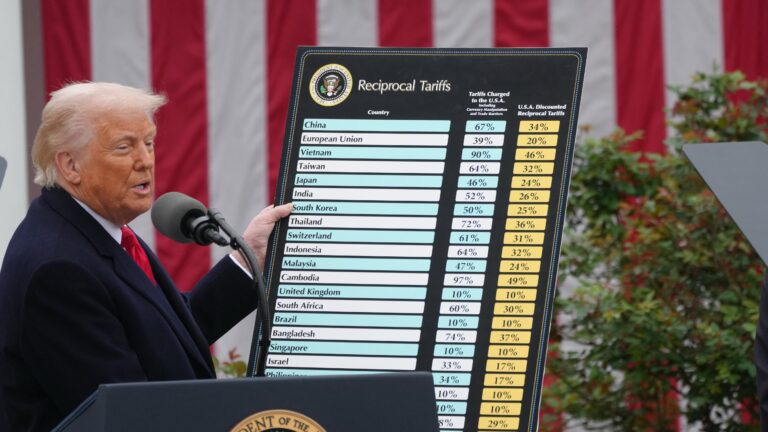The Hungarian government presented its draft budget for the next year to parliament on Monday, 11 November. ‘The 2025 budget can be a budget of new opportunities, new economic policy, and peace,’ said Hungarian Finance Minister Mihály Varga.
He added that the post-pandemic period, the war, and the uncertain international environment necessitated changes in the budget submission compared to previous years, which is why it was submitted later. ‘Despite this, the outlook is encouraging, with a strong possibility that the world will move towards peace following the outcome of the US elections,’ he stressed.
He emphasized that economic growth has begun this year, and the performance of the Hungarian economy is expected to improve in 2024, with rising wages accompanied by a recovery in consumption. ‘Based on forecasts from international institutions, the Hungarian economy is anticipated to be among the best performers in the EU in 2025,’ Varga pointed out.
He underscored that the government has clear objectives: to return the economy to a growth path, raise wages, keep more money in the hands of families, and strengthen small and medium-sized enterprises (SMEs).
‘Based on forecasts from international institutions, the Hungarian economy is anticipated to be among the best performers in the EU in 2025’
Mihály Varga highlighted five key elements of the plan: supporting families, strengthening businesses, defending cuts in public utility bills, preserving the value of pensions, and ensuring the country’s physical security. ‘This year’s budget was a budget for defence; the 2025 budget can be a budget for new opportunities, a budget for new economic policy, and a budget for peace,’ the minister said.
With fiscal discipline, deficit reduction will continue, with a target deficit of 3.7 per cent. The budget is based on a GDP growth rate of 3.4 per cent and projected inflation of 3.2 per cent.
‘Gross interest expenditure as a share of GDP is projected to be 3.8 per cent in 2025. The Fiscal Council has approved next year’s budget, and all conditions are in place to ensure compliance with the Constitution,’ Varga explained.
Defence spending will reach 2% of GDP, in line with NATO commitments, with expenditure expected to total 1,753 billion HUF. In 2010, 225 billion HUF was allocated, which represents a real terms increase of 3.5 times. Since 2015, border protection spending has amounted to 800 billion HUF, with an additional 40 billion HUF increase planned for next year. Law enforcement spending will rise to 1,396 billion HUF next year.
The minister also highlighted that 3,574 billion HUF will be allocated for family support, an increase of 447 billion HUF compared to this year, maintaining the broadest family support system in Europe. Families’ financial flexibility will also be assisted by measures to protect them from the effects of the tax crisis, worth 880 billion HUF, while the former tax protection fund will be abolished.
‘The 2025 budget can be a budget for new opportunities, a budget for new economic policy, and a budget for peace’
One of the largest allocations is for pensions, with pension benefits rising to 7,200 billion HUF, and the payment of the thirteenth month’s pension guaranteed.
The education sector will receive an increase of 3,876 billion HUF, an increase of nearly 500 billion HUF, while the health sector will receive 3,717 billion HUF.
Regarding special taxes, Varga stated that their gradual removal will continue, with taxes on airlines, pharmaceuticals, and telecoms to be abolished from January. The advertising tax will also be suspended for another year.
The reserve amount will be 100 billion HUF, and since the ministries also have headroom reserves, the increased limits will be sufficient for 2025.
‘The Hungarian budget has made significant progress compared to 2010, with several times more resources available in real terms,’ the finance minister said.
János Latorcai, Deputy Speaker of the National Assembly, stated that the proposal will be debated by Parliament on 27, 28, and 29 November, with a 30-hour timeframe. The deadline for amendments is 28 November. Following the committee debates, the final vote on the 2025 budget will take place on 20 December, which is expected to be the last day of this year’s session.
Related articles:

